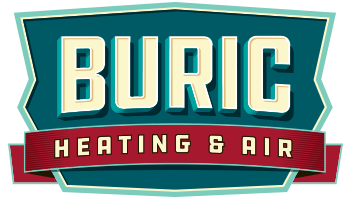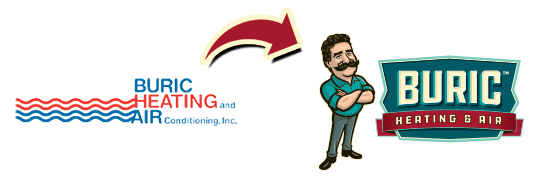
Your HVAC is one of the most expensive items in or around your home. Therefore, it is important to fully research every possible choice when purchasing a new one. Your choice in heater system is far from limited--in fact, there is more to choose from than ever before!
The biggest choice you will have to make when it comes to a new heater is if you prefer a gas-powered or electric-powered system. This can be a tough decision, but we’ve laid out what you should know. Keep reading for more information!
Ductwork Won’t do You Dirty
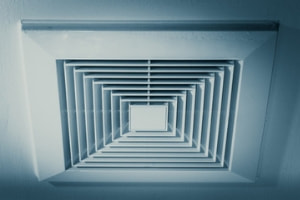 Choosing a new heater is tough and of course, you want to make sure it is compatible with your home.
Choosing a new heater is tough and of course, you want to make sure it is compatible with your home.
Luckily, one thing you DON’T have to worry about is whether or not your air ducts will work with your new HVAC.
The primary function of ductwork is to circulate air through your home--this means that it doesn’t matter what type of ductwork you have. The biggest rule to keep in mind is to ensure the HVAC installer checks for leaks. If there are leaks in your ductwork, you are basically paying more for air that you don’t feel.
And The Most Efficient Heating System Is!?
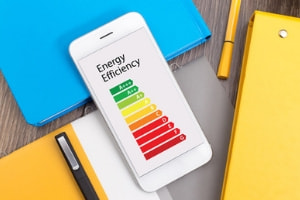 Oddly enough, there is no clear winner in the efficiency contest. Gas-powered heaters are becoming more and more efficient every year, while electric HVACs are and have been highly efficient.
Oddly enough, there is no clear winner in the efficiency contest. Gas-powered heaters are becoming more and more efficient every year, while electric HVACs are and have been highly efficient.
The difference between the two actually lies within the size and type of home you have. Larger homes with plenty of open space will see great efficiency from a gas-powered unit. Smaller homes, or homes with many rooms or sections will notice better efficiency from an electric unit.
The Cost of Buying & Maintaining These Systems
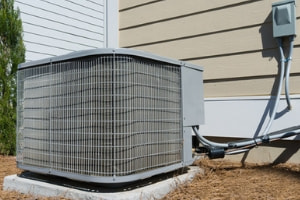 If you strictly look at upfront cost, the gas-powered HVAC will be more expensive. However, if you take into account the number of years it will last and the low number of repairs, it might just be worth the money.
If you strictly look at upfront cost, the gas-powered HVAC will be more expensive. However, if you take into account the number of years it will last and the low number of repairs, it might just be worth the money.
Generally, it is difficult to find a repair company to service gas-powered ACs because they do not have the tools or knowledge--this is what often adds to the expense of the repair.
Oppositely, electric-powered heaters cost less upfront but will have a shorter lifespan and require repairs more often. The good thing about these repairs is that they are generally low-cost, especially in comparison to a gas heater.
Comparing Energy Consumption
 When considering the energy use of either a gas-powered or electric-powered heaters, you must think of the size of your home, how well it is insulated, and where you are geographically located.
When considering the energy use of either a gas-powered or electric-powered heaters, you must think of the size of your home, how well it is insulated, and where you are geographically located.
All three of these factors play a major role in how much energy your AC consumes. You should also keep in mind that electricity generally stays about the same cost, while gas can fluctuate, adding to your monthly bill.
The best way to determine which HVAC is right for you is to research. If you find that the research is misleading or confusing, call Buric Heating and Air Conditioning. We’d love the chance to help you decide on your next heater! If you’ve learned a thing or two about HVAC systems, take a minute to share the information with your friends and family!

